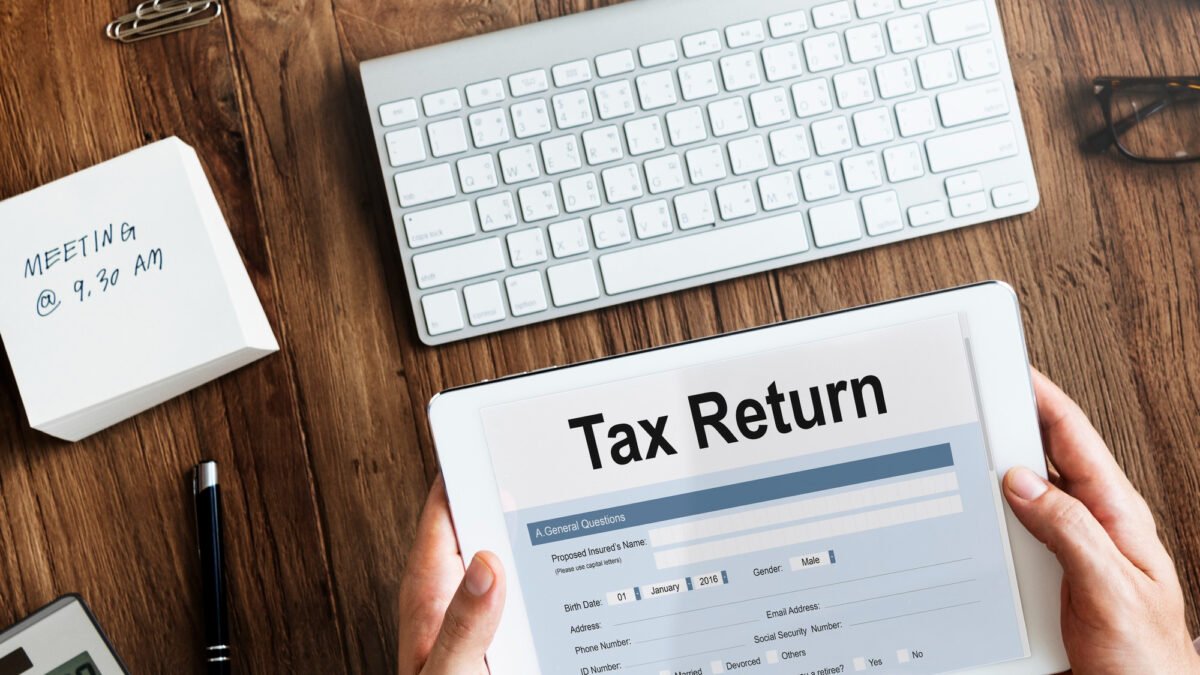Disclosure: Small Business Philippines strives to provide relevant and accurate information in all its articles. However, some information in our articles may differ or might be outdated from what you can see or read directly from the establishments’ or businesses’ websites. Please get in touch with us directly for any discrepancies.
Business taxes in the Philippines refer to the financial obligations imposed by the government on businesses operating within the country. These taxes are essential for funding public services, infrastructure development, and socioeconomic programs.
Why are Business Taxes Important for Entrepreneurs?
As an entrepreneur or business owner in the Philippines, understanding and complying with the country’s tax regulations is crucial for several reasons:
Legal Compliance
Complying with business tax laws is mandatory, and failure to do so can lead to penalties, fines, or even legal consequences.
Financial Planning
Accurate tax planning helps businesses allocate funds appropriately, manage cash flow effectively, and make informed financial decisions.
Government Support
By paying taxes, businesses contribute to the development of the nation and support public services such as healthcare, education, and infrastructure.
When and Where Should Entrepreneurs Pay Business Taxes?
Tax Periods
Business taxes in the Philippines follow specific tax periods, including monthly, quarterly, and annual filing and payment requirements. Familiarize yourself with these periods to avoid penalties or interest charges.
Tax Filing Locations
Depending on your business’s location, you may need to file your taxes with the Bureau of Internal Revenue (BIR) regional office or any authorized bank within your jurisdiction. Stay updated with the latest guidelines to ensure compliance.
How to Register Your Business for Tax Purposes?
Registering your business for tax purposes is a vital step in becoming a legitimate enterprise. Follow these steps:
1. Business Name Registration
Register your business name with the Department of Trade and Industry (DTI) or the Securities and Exchange Commission (SEC) for corporations.
2. Obtain a Tax Identification Number (TIN)
Apply for a TIN at the BIR. This unique identification number is required for all tax-related transactions.
3. Register with the BIR
Accomplish the necessary forms and submit the required documents to the BIR for business registration.
Step-by-Step Guide to Business Tax Compliance
1. Understanding Different Types of Taxes
Familiarize yourself with the various taxes applicable to businesses in the Philippines, such as income tax, value-added tax (VAT), percentage tax, and documentary stamp tax (DST).
2. Bookkeeping and Accounting
Maintain accurate financial records to ensure transparency and facilitate the preparation of tax returns. Consider hiring a professional accountant or utilizing accounting software for efficiency.
3. Tax Deductions and Exemptions
Explore available deductions and exemptions to legally minimize your business tax obligations. Examples include allowable expenses, special tax incentives, and tax treaty benefits.
4. Tax Return Preparation
Learn the process of preparing and filing tax returns, ensuring compliance with the BIR’s guidelines. Timely submission is crucial to avoid penalties.
5. Paying Taxes and Deadlines
Understand the different methods of tax payment, such as over-the-counter payments, electronic filing, and online payment systems. Be aware of the specific deadlines for each tax type.
Tips for Managing Business Taxes Effectively
1. Seek Professional Assistance
Consider working with a tax advisor or consultant who can provide expert guidance on tax planning and compliance.
2. Stay Updated with Tax Laws
Regularly monitor updates from the BIR and stay informed about changes in tax regulations, rates, and deadlines.
3. Maintain Good Record-Keeping Practices
Keep organized and up-to-date records of your financial transactions, receipts, invoices, and other supporting documents.
4. Seek Clarification
If you have any doubts or questions regarding your business taxes, reach out to the BIR or consult a tax professional for clarification.
Key Takeaways
Mastering business taxes in the Philippines is essential for entrepreneurs to ensure legal compliance, effective financial planning, and support for national development. By understanding the different types of taxes, registration procedures, and compliance requirements, and adopting good practices, entrepreneurs can navigate the complexities of the tax system and thrive in their business endeavors.
Empower your business with the knowledge and tools necessary to navigate the complexities of business taxes in the Philippines. Stay informed, compliant, and make confident financial decisions. Start simplifying your tax obligations today!



